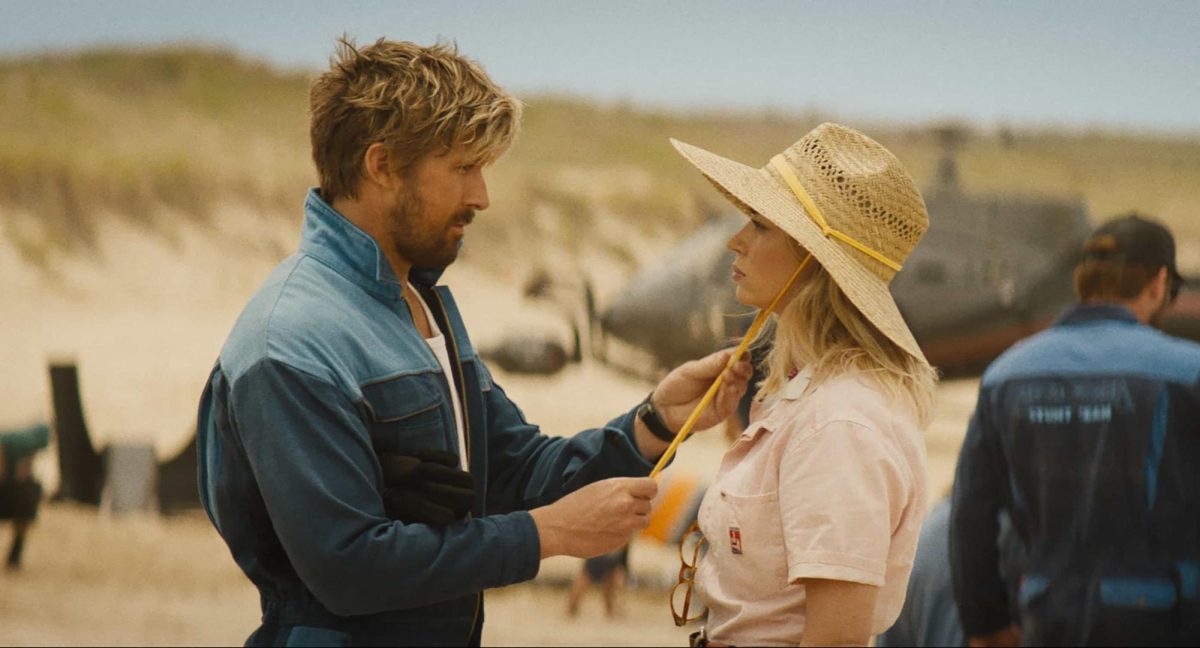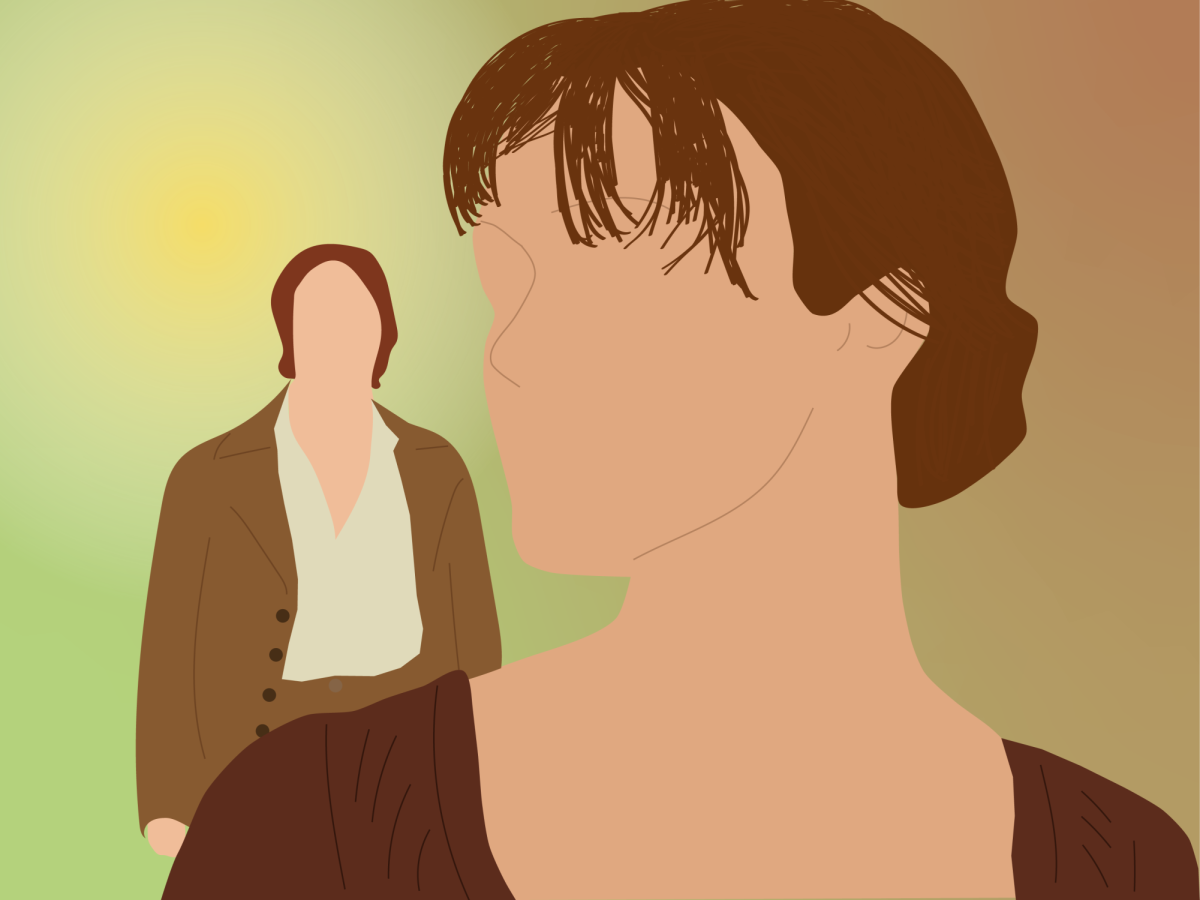By Kevin McDevitt, News Correspondent
If there is one thing that differentiates “The Eagle” from other trite depictions of Roman antiquity on the big screen, it’s not easy to find. “The Eagle” is set in 140 AD, when the Roman empire extends deep into Britain. The movie is about two men striving to be honorable.
Marcus Flavius Aquila (Channing Tatum) is a young Roman officer who yearns to restore the honorable standing of his family in Rome. Since his father’s embarrassing military defeat in Britain and loss of the ninth legion’s prized bronze eagle, their family name serves as a punchline in Roman society.
Esca (Jamie Bell) is a Roman slave exiled from his tribe in modern-day Scotland. He has an unwavering devotion to Aquila, who saved his life in a gladiator ring, despite watching his father kill his mother to avoid the wrath of Roman invaders. Strangely, no one seems to notice this blatant contradiction.
At the start of the movie, Aquila requests to be dispatched to a Roman outpost in Britain so he may redeem his father’s failed conquest. This is where it becomes apparent how noble, diligent and bad-ass he is.
A mere 20 minutes into the movie, viewers are treated to a montage of Roman soldiers digging trenches, sharpening spikes, hitting trees with their swords and, of course, wrestling each other. Lesser officers like Luturious (Dennis O’Hare) can only obey in confused awe as Aquila whips the place into shape and prepares for an impending attack. (For True Blood fans, O’Hare’s flat performance will seem like an offensive waste of talent).
When the attack does come, Aquila’s valiance on the battlefield is unparalleled. But after sinking a spear into a chariot driver’s chest, he sustains a debilitating knee injury and is honorably discharged from the army.
Aquila is sent to recover at his uncle’s cushy rural home, where there’s not much for him to do except attend the occasional gladiator vs. slave showdown. This is where the audience is introduced to Esca, the slave chosen for that day’s fight. Instead of fighting, Esca opts to toss his sword aside and seems content to allow his life to expire. The crowd of Romans are not happy with his lack of effort and call for his death.
Aquila seems to recognize something in the scrappy slave however, and persuades the crowd to turn their upside-down thumbs right side up. This is a crucial and confusing moment in the film. Esca initially appears apathetic about his impending doom, yet after Aquila helps save him, he commits himself to serving Aquila indefinitely.
At its best, “The Eagle” highlights the dissonance between the Romans’ self view and how outsiders perceived them. There are some beautiful shots of the Scottish Highlands’ snowy hills and lush green rivers, but action scenes are weighed down by super-close camera shots that prevent the viewer from knowing exactly what is happening.
“The Eagle” tries too hard to draw a conclusion about honor and loyalty, while ultimately contradicting itself. Unless you’re an adolescent boy looking for an action movie or the world’s biggest Channing Tatum fan, you might want to fly away from “The Eagle.”











